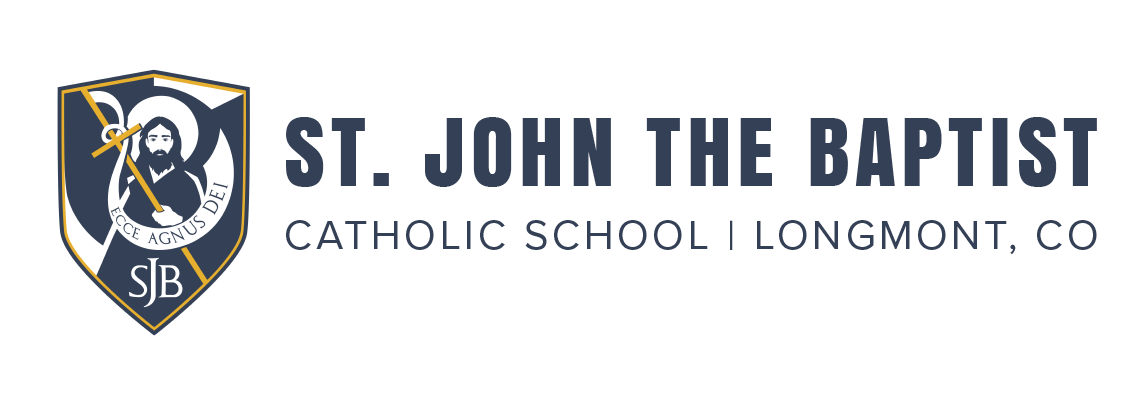How We Assess Student Achievement Growth
Foundational Beliefs about Assessment and the Use of Data
– A Culture of Learning positions assessment as formative—the assessment data helps us ask questions and learn in order to form our next steps in instruction, and form our next steps as a community of professional learners in professional development.
– Our goal is not just collecting data, it is using data to address students’ needs. Testing students must be coupled with data analysis in which the teacher, within a few days’ time, looks critically at that data and determines next steps in instruction.
– Assessments, combined with a carefully designed curriculum, help us with a roadmap of what students are learning every day.
– Assessments help us understand whether individual students learned what we set out to teach. They help us see which students need help in particular areas, and which students are ready to move on to more challenging material.
– Assessments help us make decisions about future instruction. By looking at data, we can deliver much more targeted instruction to help individual students learn and master content they have not learned, as well as help us see whether what we set out to teach was actually mastered by the students.
– Students should be assessed regularly. By assessing regularly, teachers can identify problems in a student’s learning and correct those problems in a timely manner.
– Assessment and engagement in data cycles helps to ensure that we fulfill the charge set forth by canon law (c. 806 §2) to ensure “that the instruction which is given in [Catholic schools] is at least as academically distinguished as that in the other schools of the area.”
– The data produced from student assessments should inform adult learning and coaching, classroom observations, and school-wide goals and focus.
-Assessments and the use of data cycles support adherence to high expectations for all children. By defining mastery and accounting for the learning and growth of all children we are better positioned to hold all students and adults in the system accountable for mastery of academic content.
– Principals, during observations, see just a slice of what is happening in the classroom. However, by doing thorough data analysis, and most especially by doing data analysis with the classroom teacher, a principal can understand a lot more about what is happening in the classroom, and can pinpoint more precisely in which areas to help coach the teacher.
– Our students should feel a joy in learning, not a burden of assessment. Our language surrounding assessment should be helping students realize that assessments are not meant to categorize them, rather, assessments help us understand how to best help them learn. Students should not be pressured to score well on exams.




